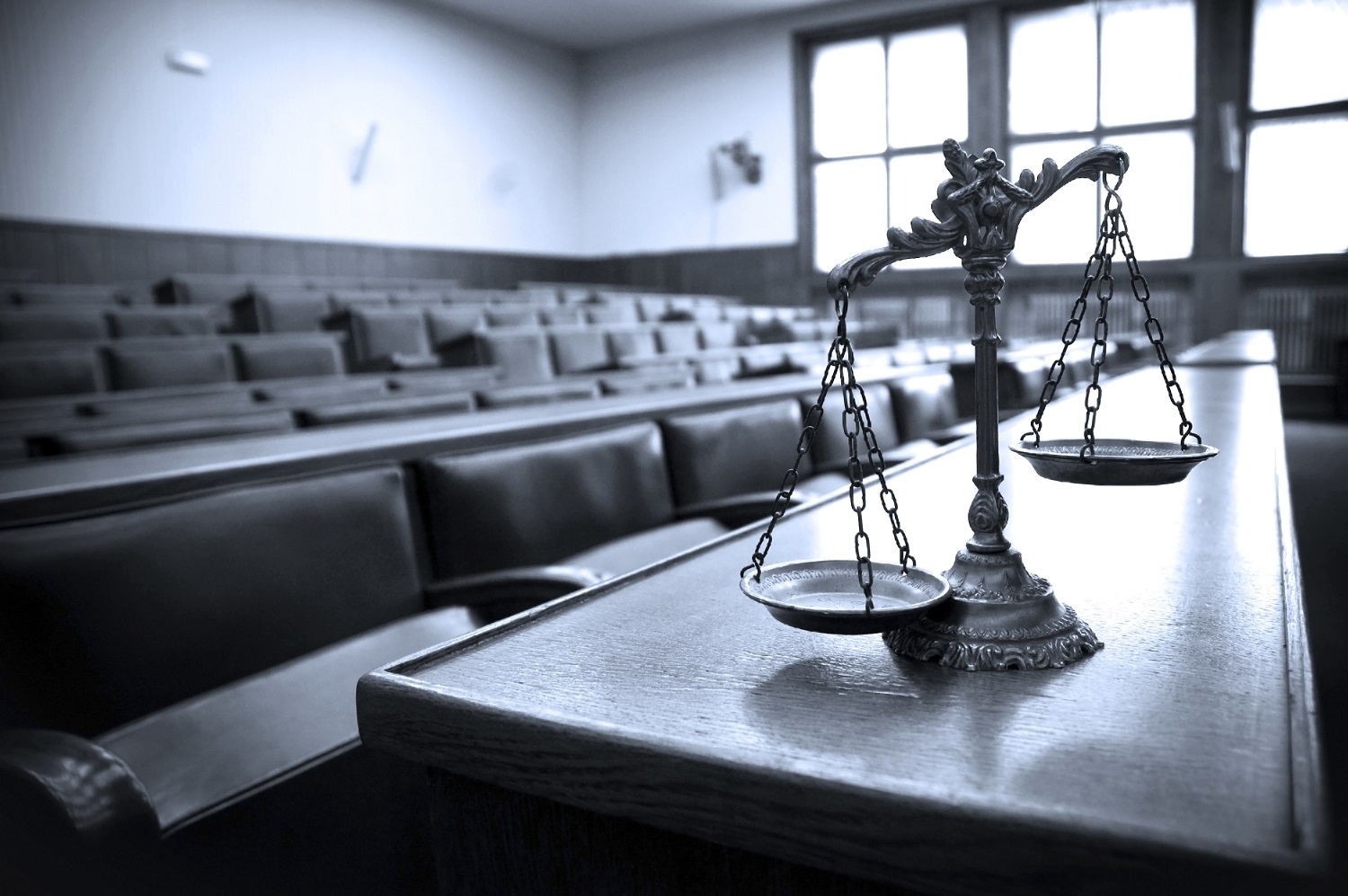A pretrial (also known as a prehearing) is the hearing that you have before the trial in family law court. There are several different matters that can be dealt with at the pretrial, including:
- Scheduling the date of the trial
- Setting up deadlines for witness and exhibit lists
- Setting up deadlines for discovery issues
- Identifying any professional witnesses
- Identifying the specific issues that will be dealt with at the trial
A “Working” Pretrial
In some counties, the pretrial is considered a “working” pretrial. This means that the parties and their attorneys are expected to spend time outside of the courtroom discussing the outstanding issues in the case and attempting to settle these issues. Sometimes, the Judges will make themselves available to help resolve any outstanding issues. For example, if the parties are having a difficult time agreeing to transportation for parenting time, the attorneys and the parties can informally discuss the issue with the Judge and see if a solution may be reached.
If the parties are able to come to an agreement on any or all of the outstanding issues, then the parties are sworn under oath and can read the agreement out loud to the court reporter. This is referred to as reading the agreement onto the record. The purpose of reading the agreement onto the record is to memorialize the agreement. If there is any argument in the future about what the parties agreed to, then the parties can simply request a copy of the transcript and review what they orally agreed to.
Determining Temporary Issues
Depending on the judge’s management of the case, the pretrial can also be used for the Judge to hear and determine temporary issues such as:
- Temporary custody
- Temporary parenting time
- Temporary child support
- Temporary maintenance
- Exclusive occupancy of the home
If the parties wish for the judge to hear these types of motions, they will have to get permission in advance from the Judge.
The next step in the legal process after the pretrial is for the outstanding issues to be determined by the Judge at trial.





